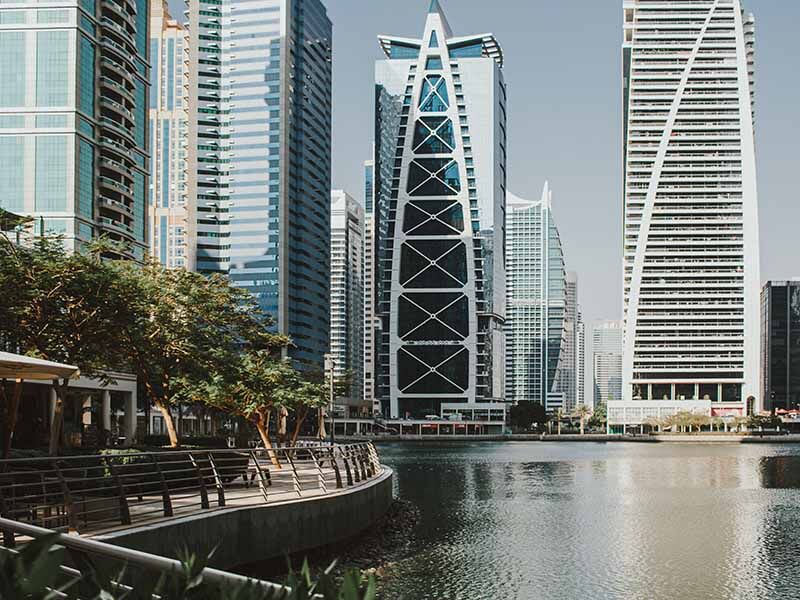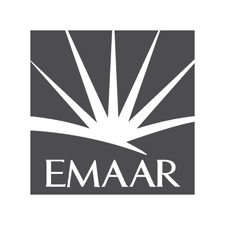
The Dubai Electricity and Water Authority (DEWA) announced on Tuesday, March 15 that it is preparing to put a small share of its capital up for public auction as part of the company's IPO in April 2022.
Content:
- The history of Dubai government companies entering public auction
- The role of DEWA
- Global stock market and Dubai market
The history of Dubai government companies entering public auction
This is not the first attempt by Dubai's state-owned companies to convert into joint stock companies, at least partially. All the previous ones were not successful. Investors lost money, and companies quickly bought back their securities and became private enterprises again.
DEWA is confident that this time they will break this trend and secure their place in the stock market. The company plans to put up for public auction shares totaling $3.25 billion. This is 6.5% of the total value of the company.
The shares will be on the Dubai Financial Market (DFM).
The role of DEWA
DEWA's entry into the stock market is part of the Dubai authorities' plan to partially privatize the emirate's largest state-owned corporations.
DEWA was founded in 1992 after merging with the Dubai Water Department and the Dubai Electricity Company.
The Dubai Electricity Company serves both individual consumers and businesses. As of 2019, the company had over 915,000 consumers of electricity and over 816,000 consumers of water.
Thus, with a population of 3.3 million people in Dubai (2019), more than 27% of Emirati residents use the Department's services — almost every third household or business.
The company's activities include:
- Development of water and electricity sources;
- Activation and deactivation of electricity and water supplies to residential and commercial real estate;
- Transfer of these resources;
- Development of alternative energy sources in the public sector;
- Calculation and maintenance of utility bills.
Global stock market and Dubai market
The company enters the IPO during the major volatility of the global stock markets.
The key factor for the global market today is the armed conflict between Russia and Ukraine, which has dramatically affected not only the financial sector but also the construction sector.
Both countries were major suppliers of various building materials. For example, the developers of the United Arab Emirates purchased structural steel from Ukrainian suppliers.
But Dubai also has its volatility trigger — a mass exodus of super-rich citizens of Russia and Belarus from Switzerland and the UK. Fearing to lose their savings due to sanctions, people are rapidly withdrawing them from both traditional assets and virtual currency. These financial flows are directed to the UAE. Some investors immediately purchase real estate. Some of them transfer funds to local banks or branches of international banks.
However, company officials do not see this as a serious threat to their plans. The UAE remains a neutral country. The country is not ready to join the sanctions of Western countries against Russia and Belarus.
Financial issue
In the brochure for investors, DEWA reports that at the end of 2021, the company's profit was $1.7 billion. In 2019, this figure reached $1.8 billion. In 2020, amid the pandemic, DEWA's profit barely exceeded the $1.4 billion threshold.
The department paid the government of Dubai dividends of $1.2 billion in 2019, $408 million in 2020 and $544 million in 2021.
The company plans to pay dividends to future investors twice a year. The minimum aggregate amount of dividends paid annually should be $1.6 billion over the next 5 years.
Investor risks
The brochure also outlines the risks that Dubai may face in the near future. This list includes several current military conflicts and other items related to the political situation.
For example, it says that the entire region remains tense, especially after the US withdrawal from the "nuclear deal" with Iran.
It also mentions the ongoing war in Yemen. So, Abu Dhabi, the capital of the United Arab Emirates, was targeted by rebel Yemeni Houthis in 2022.
In 2015, a coalition of forces led by Saudi Arabia, supported by the UAE and the United States of America, intervened in the civil war in Yemen. Thus, the United Arab Emirates is a participant in the current armed conflict in the region.







































